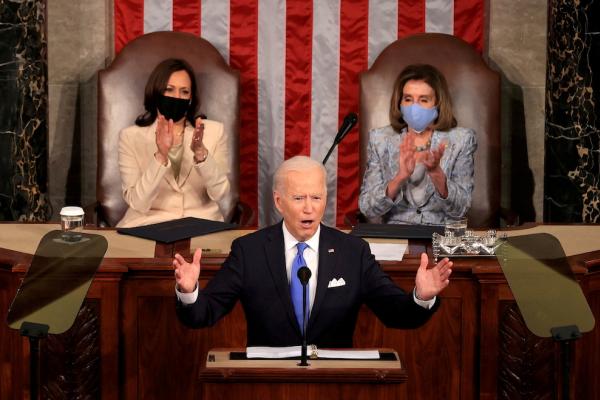The State of the Union, the annual televised presidential report to Congress, can easily devolve into political theater. But at its best, the address provides the president a critical opportunity to galvanize the nation to overcome shared challenges. When President Joe Biden delivers his first official State of the Union on Tuesday, in addition to addressing the Russian invasion of Ukraine, I hope he seizes the moment by tapping into the values that animate his Catholic faith — including the values of solidarity and a “preferential option for the poor.” Solidarity, as understood through Catholic social teaching, is based on the understanding that we are one human family — our brothers’ and sisters’ keepers. We see this preferential option for the poor in Jesus’ dual call to care for the most vulnerable (Matthew 25) and combat injustice by being “good news to the poor” (Luke 4).
Read the Full Article

